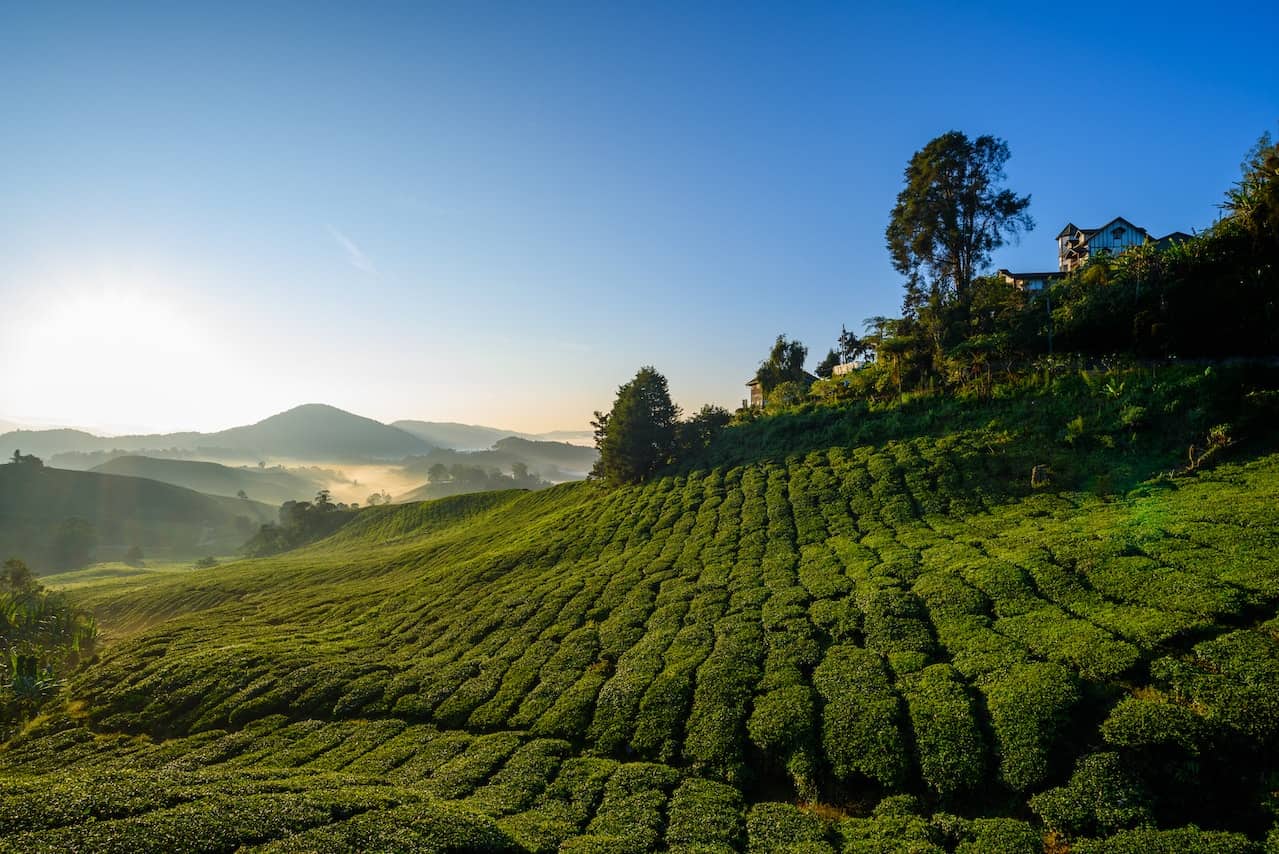How to prepare for international travel
Are you traveling abroad for the first time? Most people are nervous on their first time to travel abroad, dont worry you aren’t the only one. Travelling overseas is daunting, you have to think ahead and pack items you may not be able to find in that country, pack power converters, have any documents ready and most importantly, not miss your flight. My goal is to prepare you, so take a look below for tips when traveling abroad.
Step 1: Find the top things to do in the country

I usually start by googling for example “things to do in Thailand” and I sift through multiple sites and make a list of the places I want to see. One good place to search is google’s “Things to do” at the top of the search results; google even provides day trips that others have suggested. Once you find the places you want to check out, go to TripAdviser and see what other travelers have said about the location. You may find out that the place really isn’t worth going to, or what to watch out for while being there. Don’t forget to write down if the places have an entry fee and their hours!
Places to Visit






Step 2: Plan your route

Now that your research is done, lets make a plan so that you spend less time commuting and more time adventuring and taking in the sights. Open up google maps and start entering in the places you want to see. Soon enough you’ll have a general idea of the area where those sites are. This helps for two reasons: 1. Now you know where to stay if you want to stay close to the attractions. 2: Now you can plan each day and have a general idea of how far everything is from each other.
Ex. We map the previous examples locations


Step 3: Inform yourself of common scams and learn some of the local language

A mistake first time travelers make is not informing themselves of scams that are targeted towards tourists. From over priced taxis, to fake tourist spots. You’ll save a lot of time and money and thank me later, by doing this step. Sometimes even knowing a few local words can also be helpful.
Ex. Bangkok, Thailand
Common Scams
An Expensive Taxi ride:
The driver accidentally forgets to turn on the meter, and asks for a large sum of money. Always ask before you enter a taxi if they use the meter, if they say no, just look for another taxi.
Tuk Tuk Driver Suggestions/ Tourist Route:
For a small fee, your driver says he can take you to some nice places. What happens is he stops at tailors, souvenir shops and tourists offices, which are usually overpriced. Why? If you buy something, he gets a commission.
Never hand over your Passport:
Big rule of thumb, NEVER HAND OVER YOUR PASSPORT when renting motorbikes. Keep scans of it to use instead.
Common Phrases
Sa-wat dee – hello (Used for both hello and goodbye)
Khop koon – thank you
Gee baht? – how much
Yoo tee nai…? – where is… (Essential for all the shopping- )
Mai ow – don’t want (Just point at a place on your map)
Khor tort – sorry (Useful for fending off persistent street vendors)
Step 4: Look into local customs: Do’s and Dont’s

Although in most places foreigners are forgiven for their indiscretions, it’s good to know some of the rules and customs before being a guest in someone else’s home.
Ex. Bangkok, Thailand
Do’s and Dont’s :
Do not point:
If you need to gesture towards something point with all four fingers out and your thumb against you palm.
Revealing clothing in Temples:
Neither men or women are allowed to have shorts on.Cover yourself down to your ankles.
Respect the monarchy:
You can find yourself in a bit of trouble if you speak poorly of the monarchy.
Step 5. Pack your essentials!

Packing is just as important as planning! One of the most important things is to see what power outlet type is used in the country to plan to visit, alternatively buy a universal power converter.
- Basic Toiletries: Toothbrush, Travel size: toothpaste, shampoo, contact solution, personal care items. Don’t forget liquids should be less than 100 ml and fit in a clear quart sized bag.
- Power Bank and Charging Cords: Keep your devices charged on the go.
- Day Backpack: So you can carry that days essentials.
- Money Belt: Keep your extra money hidden.
- Power Converter/Adapter: Not all countries use the same power plug.
- Medicine: Dramamine – for motion sickness, Pepto Bismo- for upset stomach, Alka Seltzer – for upset stomach and altitude sickness
- Scans of your passport and id: Sometimes to rent bikes and motorcycles, a passport is required, hand over a copy and never the original.
- Water Bottle: Stay hydrated when you travel, we may forget to drink water.








Step 6. Have your documents ready

Some countries require visas and proof of entering and exiting the country, so have paper copies of important documents like your passport, visas and flights on hand. Save yourself the hassle of trying to find them and just have them ready
COMMON QUESTIONS ABOUT first time travel
Planning your first trip involves deciding on a destination, setting a budget, researching accommodation and transportation options, creating an itinerary, and ensuring you have the necessary travel documents.
When packing for your first trip, consider the weather and activities at your destination. Essentials include clothing, toiletries, medications, travel adapters, and important documents such as passports and travel insurance information.
To save money while traveling for the first time, consider booking flights and accommodations in advance, opting for budget-friendly accommodations like hostels or vacation rentals, using public transportation or walking instead of taking taxis, and exploring local food options instead of expensive restaurants.
It can be safe to travel alone for the first time if you take necessary precautions such as researching your destination, staying in well-populated areas, keeping important documents secure, and being aware of your surroundings. It’s always a good idea to share your travel plans with family or friends.
Overcoming language barriers during your first trip can be done by learning a few basic phrases, using translation apps, carrying a phrasebook, or seeking help from locals or hotel staff who speak English.











